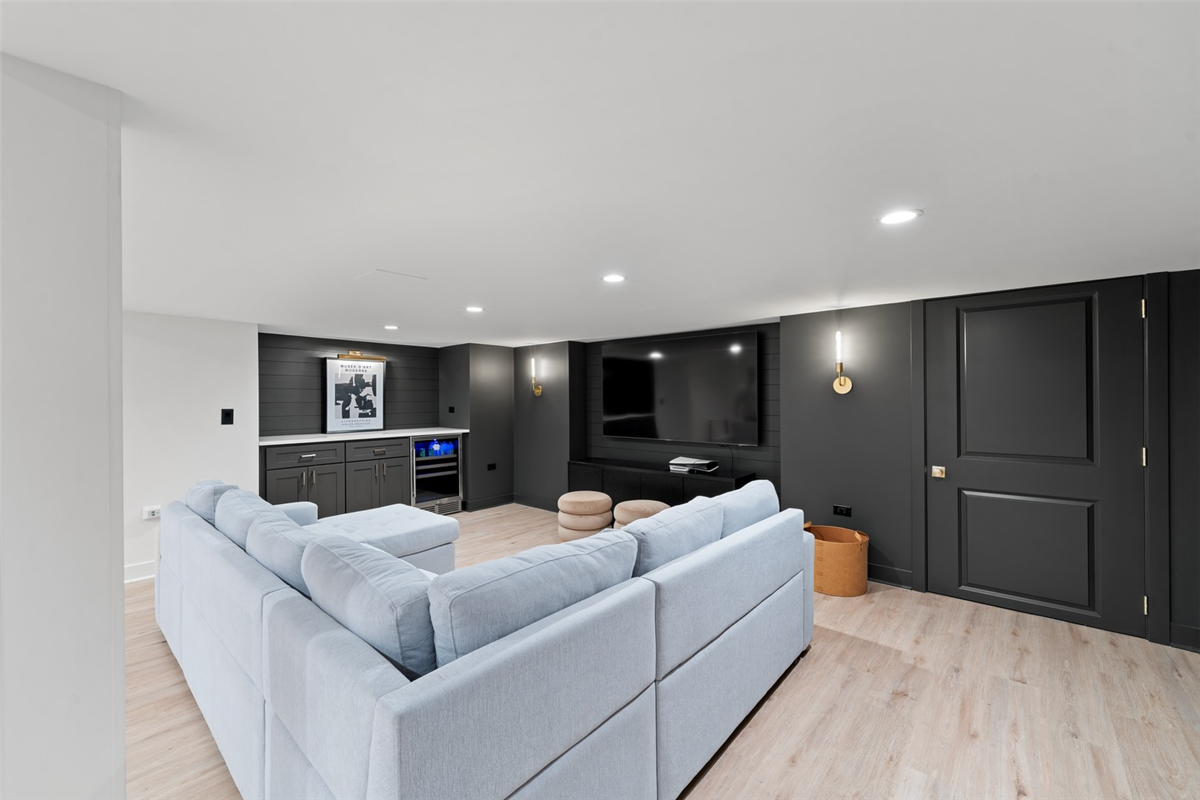As the days get colder and the weather takes a turn for the worse, we all inevitably spend more time at home. Some aspects of winter are appealing; wrapping up warm, curling up on the couch with a book, the excitement of the holiday season. But when the winter takes hold, our houses bear the brunt of the damage as extreme temperatures, wind and snow all take their toll. If you have a basement, here is how to prepare it for the winter.
1. BASEMENT WATERPROOFING
Basements are particularly prone to flooding. High volumes of rainfall, poor drainage and lack of internal waterproofing methods can all lead to water damage, so it’s important to solve these problems in advance, before it’s too late.
Winter is one of the best times to arrange your basement waterproofing method. Springtime in the Midwest is often very wet, but you can avoid flooding by acting before the rainy season takes hold. Even snow can have the same effect as rain as it melts into the ground - making your basement vulnerable during the winter too. By waterproofing your basement, you can rest assure that you won’t be dealing with water damage this holiday season.
If you decide to waterproof your basement, now could also be a good time to give it some extra TLC and transform your underground room into a usable, awe-inspiring space. Basement finishing (otherwise known as basement remodeling) begins by assessing the area, and protecting your basement from moisture problems including dampness and flooding. Once your basement waterproofing has been completed, your space will be transformed according to your wishes; whether you want an underground den, man cave, game room, fitness room, kitchenette, or even a bar.
2. CHECK HUMIDITY LEVELS
Basements are particularly prone to damp problems and mold growth because they are below grade. While the heat of the summertime causes the majority of problems, you should also keep an eye on humidity levels during the winter months.
In a climate like Chicago where the winters are very cold, most basements will not suffer from humidity. However, some basements maintain a high relative humidity, in which case they could be prone to mold growth. To play it safe, you can check the humidity levels in your basement using a humidistat. If the levels exceed 50 percent, it is worth running a dehumidifier. If the temperatures outside do get extremely cold, it will be better to use an electric heater for an hour or two each day.
3. WRAP THOSE PIPES
The freezing temperatures of winter wreak havoc on your home’s piping - and your pipes may even burst if you don’t take the time to protect them from the cold. To prevent problems before they even begin, you will need to insulate your pipes using wraps such as pre-molded rubber sleeves, or fiberglass insulation. This is especially important if your basement is unheated, as the temperatures will be more extreme here than elsewhere in the house. Alternatively, you could have an entire overhaul of your basement. Basement finishing will address the heating and insulation of your pipes while creating a usable living space beneath your home.
4. GET YOUR DUCTS IN A ROW
According to the U.S. Department of Energy, a home with central heating can lose up to 60% of its heated air before that air even reaches the vents. This happens when duct work is not well-connected and insulated, or if hot air must travel through unheated spaces such as basements and crawl spaces. That's a huge amount of wasted money, not to mention a chilly house!
To protect your home and your wallet, look for ducts in the attic and basement, and repair any places where pipes appear to be ‘pinched’ which hinders the flow of heated air to the house, making your heating much less efficient. To rectify affected areas of pipework, fix gaps with a metal-backed tape. Despite the name, duct tape doesn’t actually stand up to the test of time.
To find out how we can prepare your basement for Winter, please give us a call at 847-305-4445. With some clever design touches, your basement can become an extraordinary place to relax - not only through the winter months, but at any time of the year.
Subscribe to Matrix Home Solutions's Blog





Comments